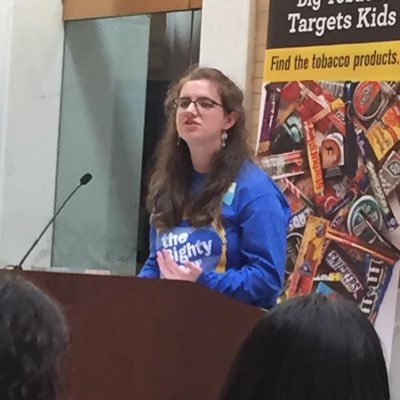Political Participation Starts Before You Turn 18
Your voice matters in this democracy. Use it.
Artwork by Vinh Nguyen
November 1, 2018
Ever since the Parkland shooting last February, our generation has become more politically involved than ever. Whether it’s by tweeting at public officials or participating in the national walkout, thousands of young people across America have found a way to make their voices heard. Even so, many teenagers feel like making a real change is out of their reach. If we can’t vote until we’re 18, how can we actually make a difference?
Well, there’s more to the political process than just voting. As mentioned before, social media can be used as an advocacy tool and various forms of protest can be used to call attention to the issues we care about. Along with that, there’s also, contacting officials, lobbying for a particular policy, volunteering for campaigns, writing letters to the editor and Op-Eds, and so much more. Elections are a key part of our democracy, but not the be-all end-all. If those in our government are supposed to represent us, they need to truly hear what we have to say.
Because our public officials are supposed to represent all of us, you are never to young to get involved in politics. Aaron Cullity testified at his first public hearing as an eighth grader and contributed to the passage of the local flavored tobacco restriction. He says, “I think that everything we had to say impacted the board’s decision. We were prepared and they were definitely shocked by what we have to say.” Both sides were represented at that meeting, local business owners and tobacco control activists alike. The board listened, hearing the unique experiences of both parties, and made their decision. Months later, it is clear that young people were the driving force behind that decision.
Hearings, of course, are not the only way to interact with public officials. Many Holbrook students have had legislative visits with our Congresspeople, including and especially Sen. John Keenan. Marley Levy, one of these students, says, “I think our stories have an impact on their decisions because they see how much we care. Also, a lot of the people we met with were not familiar with vaping or the other issues we presented, so we were able to share what we knew with them from a different perspective than they might be used to.”
While it’s easier to contact local and state officials, we can also have an impact on our national government. This fall, I had the opportunity to speak to Sen. Elizabeth Warren at her Town Hall meeting in Quincy. Not only did I get to hear her speak directly about certain issues, I was able to ask her my own question. Even though I had somewhat anticipated her answer, it was reassuring to hear her speak passionately about the issues I cared about. Had she been unaware of the issues, I could have called her attention to them, and, had she been unsupportive, I could have at least exposed her to the opposing arguments. Regardless of whether you agree with the politicians that represent you, your voice can have a significant impact on their decisions
Getting involved in our political process is actually easier than you might think. You can get involved before you turn 18. You can meet with your officials, call them, email them, or even message them on social media. You can attend protests and rallies and advocacy events. You can sign petitions and write blog posts and organize your friends to take action. Your voice matters in this democracy. Use it.




